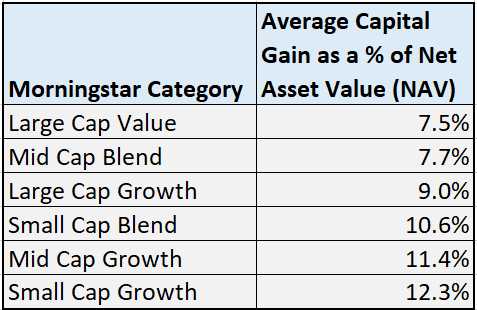Yesterday, the Federal Reserve announced its plan to buy up to $300 billion of long term government bonds and $750 billion in additional mortgage-backed securities plus they are keeping the federal funds rate between 0% and .25%. This is likely to produce a drop in mortgage rates. The rates today are under 5% and might go to 4%.
What does this mean? Basically, if you have a good job, solid credit and you have 20% equity in your home you should consider refinancing. You need to consider how much it would cost to refinance – points paid, appraisal fees, title insurance, etc. vs. how much you would save in the long run. How much longer is the term on your current home? Does it make sense to start a new 30 year term loan? Every situation is unique. For example, it makes sense for me. My current loan is only 3 years old and if I just refinance my current balance (and not take any cash out) I will lower my monthly payments by $1,000/month. The extra cash flow will be great as my expenses will be increasing as my children get older and enter college in the next few years. Every situation is unique and should be evaluated as such.
This also is a good time for 1st time home buyers to take advantage of the low rates and the $8,000 tax credit. The criteria for getting a loan is much harder because the banks learned their lesson and don’t want to be stuck with bad loans. This is good because that should keep home prices from rising as dramatically as they did from 2004-2007. Prices should rise gradually now.
This action by the Fed will also likely weaken the dollar and increase inflation in the future. Commodity prices will likely rise as investors anticipate the rise in inflation. Prices for gold and crude oil have all risen sharply since the Fed announcement.

